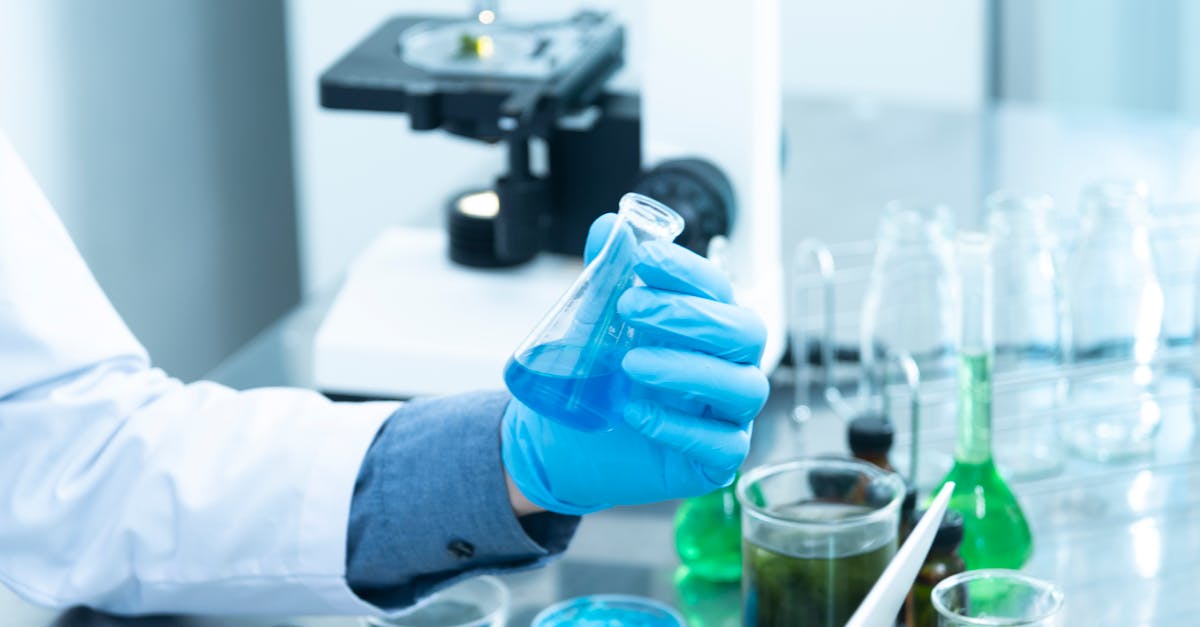
At nycosmeticsurgery.net, we offer professional chemical peels to help our clients achieve smooth, rejuvenated skin. Our expert cosmetic surgeons tailor each treatment to the individual's skin type and concerns, ensuring a safe and effective procedure. Chemical peels are a non-invasive way to improve skin tone, reduce wrinkles, and combat signs of aging. Whether you are looking to address acne scars, sun damage, or just want to refresh your complexion, our team is here to provide you with top-notch care and exceptional results. Contact us today to schedule a consultation and take the first step towards achieving the beautiful skin you deserve.
PostTreatment Care
After undergoing a chemical peel treatment, proper post-treatment care is crucial to aid in the healing process and maximize the results. Patients should pay close attention to the instructions provided by their dermatologist or cosmetic surgeon to ensure the best outcome. It is common for the skin to be more sensitive following a chemical peel, so it is essential to treat it gently. Avoid picking at any flaking skin or scabs that may form, as this can lead to complications and delay the healing process. Additionally, be diligent about applying any recommended ointments or creams to keep the skin moisturized and aid in the regeneration of healthy skin cells.
In the days following a chemical peel, patients should be extra vigilant about protecting their skin from the sun. Sun exposure can be particularly harmful during the healing process, as the skin is more vulnerable to damage. Make sure to apply sunscreen regularly and wear protective clothing when outdoors. Avoiding direct sunlight and tanning beds is imperative to prevent hyperpigmentation and other unwanted side effects. Keeping the skin hydrated by drinking plenty of water and using gentle skincare products can also help maintain the results of the chemical peel in the long run.
Tips for caring for your skin after a chemical peel procedure
After undergoing a chemical peel procedure, the post-treatment care is crucial to ensure optimal healing and results. Follow the instructions provided by your clinician carefully to promote proper skin rejuvenation. It is essential to keep your skin moisturized using gentle, non-irritating products recommended by your provider. Avoid picking at any peeling skin to prevent scarring and allow the natural exfoliation process to occur smoothly. Protect your skin from direct sun exposure and follow a strict sun protection regimen to prevent any complications.
Hydrate your skin adequately by drinking plenty of water to aid in the healing process. Avoid using harsh skincare products or treatments that can further irritate your skin post-peel. Opt for gentle cleansers and moisturizers to soothe the skin and maintain its newfound radiance. In case of any concerns or unusual reactions, promptly contact your healthcare provider for guidance and assistance. Patience is key during the recovery period, as visible results may take some time to manifest fully.
Results and Recovery
After undergoing a chemical peel procedure, patients should anticipate a period of recovery as their skin heals and adjusts. The results of the treatment will gradually become noticeable as the outer layers of the skin peel away, revealing smoother, more youthful-looking skin underneath. Most individuals typically experience some level of redness, peeling, and mild discomfort following the procedure. It is essential to follow your cosmetic surgeon's post-treatment care instructions to ensure optimal healing and to minimize the risk of complications.
As the skin continues to heal, patients will start to see improvements in skin tone and texture. The full results of a chemical peel treatment may take a few weeks to fully manifest as the skin rejuvenates and regenerates. During the recovery period, it is crucial to protect the skin from sun exposure and to adhere to a skincare routine prescribed by your physician. By following these guidelines and being patient with the healing process, individuals can achieve the desired outcomes of a chemical peel, such as improved skin clarity, reduced fine lines and wrinkles, and a more youthful appearance.
What to expect during the recovery period and when to see results
Following a chemical peel treatment, it is common for the skin to undergo a period of recovery. Initially, patients may experience redness, swelling, and a stinging sensation in the treated area. As the days progress, the outer layer of skin will start to peel, revealing the fresh, rejuvenated skin beneath. It's essential during this phase to keep the skin well moisturized and protected from the sun's harmful UV rays by diligently applying sunscreen with a high SPF.
Results from a chemical peel procedure can vary depending on the type and depth of the peel. Superficial peels usually show results within a week or two, with improvements in skin texture and tone becoming increasingly visible. Medium to deep peels may require a longer recovery period of several weeks, but the results are often more dramatic, especially in treating skin conditions like acne scars, sun damage, and fine lines. It is important to follow post-treatment care instructions provided by your dermatologic surgeon to optimize results and minimize the risk of complications.
Ideal Candidates for Chemical Peels
Chemical peels are a popular dermatologic procedure designed to improve the appearance of the skin by removing damaged outer layers. These treatments can effectively target a range of skin issues, such as acne, sun damage, wrinkles, and uneven skin tone. Ideal candidates for chemical peels are individuals who do not have any active skin infections or lesions and are not currently taking blood thinners.
Furthermore, suitable candidates should have realistic expectations about the results of the procedure and follow post-treatment care instructions diligently. Chemical peels are not recommended for individuals with certain skin conditions, such as keloids or active herpes simplex infections. It is crucial for healthcare professionals to conduct a thorough assessment of the patient's skin type, medical history, and treatment goals to determine if they are a good candidate for chemical peel procedures.
Determining who is a suitable candidate for chemical peel treatments
Determining who is a suitable candidate for chemical peel treatments involves several key considerations. Firstly, individuals with fair skin tones tend to be ideal candidates for this procedure due to the potential for hyperpigmentation in those with darker skin tones. Additionally, patients with skin aging concerns such as fine lines, wrinkles, and uneven skin tone can benefit greatly from chemical peels.
Secondly, candidates should be in overall good health and not currently pregnant, as certain chemicals used in the peel may pose risks to the unborn child. Patients with a history of psoriasis, eczema, or dermatitis may not be suitable candidates due to the potential for exacerbating these conditions. It is important for individuals seeking chemical peels to undergo a thorough physical exam and provide their medical history to ensure that the procedure is safe and appropriate for them.
FAQS
What is a chemical peel?
A chemical peel is a cosmetic procedure in which a chemical solution is applied to the skin to exfoliate and improve its appearance.
How does a chemical peel work?
During a chemical peel, the chemical solution causes the top layer of skin to peel off, revealing smoother, more even-toned skin underneath.
What are the common types of chemical peels?
The common types of chemical peels include superficial peels, medium peels, and deep peels, which vary in the depth of skin penetration and intensity of exfoliation.
Is there any downtime after a chemical peel?
The downtime after a chemical peel depends on the type of peel performed. Superficial peels may have minimal downtime, while deep peels may require several days to weeks for recovery.
How long do the results of a chemical peel last?
The longevity of results from a chemical peel can vary depending on the individual's skin type, the type of peel performed, and the post-treatment care. Generally, results can last from a few months to a year or more.


